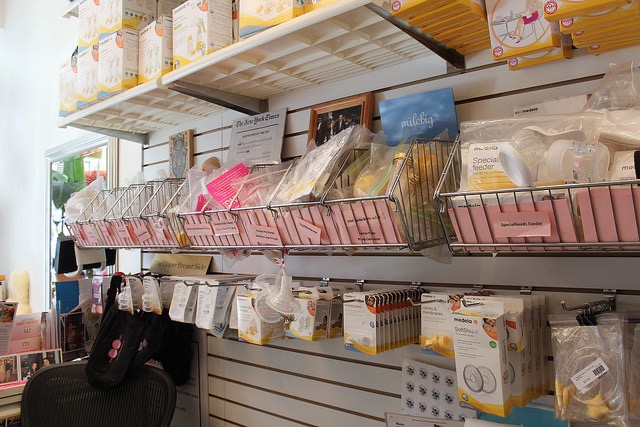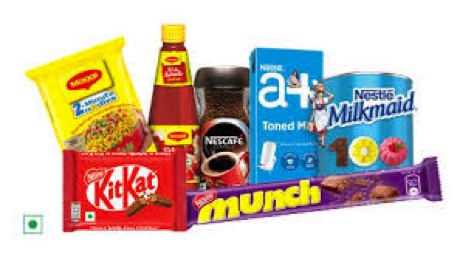Food Safety and Standards Authorities of India (FSSAI) officials in Chennai cracked down on an outlet suspected of selling human breast milk. The outlet was under observation for 10 days after receiving a complaint. While no sales were observed during the surveillance period, a surprise inspection on Friday uncovered a hidden stock of breast milk, according to reports.
Samples from the recovered bottles priced at ₹500 for 50ml, have been sent for testing. It’s important to note that the commercial sale of breast milk is strictly prohibited in India. The FSSAI issued an advisory last week clarifying that processing and selling human milk violates the FSS Act, 2006.
According to Dr Kranthi Shilpa, Consultant Gynecologist, CARE Hospitals, Banjara Hills, Hyderabad, consuming breast milk, especially from unregulated sources, can be harmful for the following reasons:
– Infections and Contaminations: Breast milk can be a vector for transmitting infectious diseases such as HIV, hepatitis, and bacterial infections. If the milk is not properly screened and pasteurized, it can carry harmful pathogens.
– Adulteration and Contamination: Commercially sold breast milk may not meet hygiene and safety standards. There is a risk of contamination with harmful substances, either through improper handling or intentional adulteration.
It is best to avoid consuming breast milk and instead rely on a balanced diet that meets the nutritional needs of adults. (file)– Nutritional Imbalance: Breast milk is tailored to meet the nutritional needs of infants, not adults. Consuming it might not provide the necessary nutrients required for adult health, and it could contribute to an imbalanced diet.
– Storage Issues: Improper storage can lead to the growth of harmful bacteria. Breast milk needs to be stored at specific temperatures and handled with care to prevent spoilage and bacterial contamination.
The sale of breast milk is often not regulated or supervised by health authorities. This means that there is no guarantee of the milk’s safety, quality, or purity, warned Dr Shilpa.
The commercialisation of breast milk can lead to ethical concerns, including the exploitation of vulnerable women who might sell their milk due to financial necessity, she added. Selling breast milk might deprive infants, who are the primary beneficiaries, of this vital resource.
While breast milk is highly beneficial and necessary for infants, its consumption by adults, especially from unregulated commercial sources, poses significant health risks and ethical concerns. It is best to avoid consuming breast milk and instead rely on a balanced diet that meets the nutritional needs of adults.



























